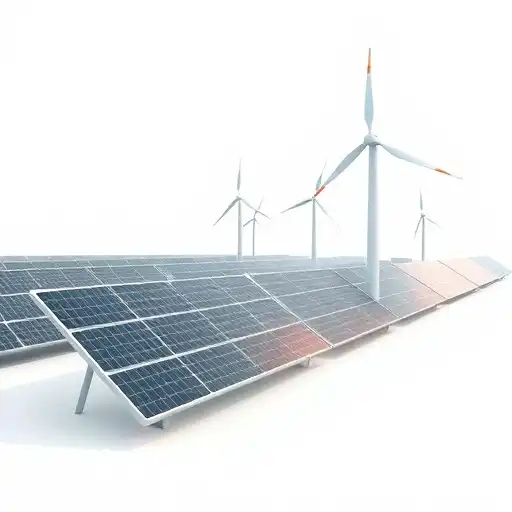
Exploring the latest developments in renewable energy, technological innovations, and their impact on climate change and sustainability efforts.
In recent years, renewable energy has become a forefront issue as the world grapples with the challenges posed by climate change. Innovations in this sector are not only transforming how energy is produced and consumed but are also playing a critical role in paving the way for a sustainable future.
A significant development in renewable energy is the advancement of solar panel technology. The efficiency of solar cells has seen a substantial increase due to the incorporation of novel materials and engineering improvements. These advancements have made solar energy a more feasible and attractive option for both residential and industrial use, driving down costs and increasing adoption rates worldwide.
Wind energy has also witnessed considerable growth, with innovations in turbine designs and materials leading to more efficient energy capture and storage. Offshore wind farms, in particular, have emerged as a vital component of the renewable energy mix, harnessing the strong winds over the ocean to generate substantial power.
Another crucial aspect of renewable innovation is energy storage. Recent breakthroughs in battery technology, particularly in lithium-ion and emerging solid-state batteries, have addressed one of the significant limitations of renewable sources - their intermittency. These advancements enable the storage of excess energy generated during peak production periods, ensuring a reliable energy supply even when conditions are not optimal for energy generation.
As governments around the world set ambitious targets to reduce carbon emissions, the role of renewable energy cannot be overstated. Nations are increasingly investing in green technologies and policies to promote their implementation across various sectors. This shift not only reduces reliance on fossil fuels but also stimulates economic growth by creating jobs in the renewable sector.
However, the transition to a fully renewable-based energy system is not without challenges. Integration into existing grids, managing the variable output of renewables, and ensuring equitable access to clean energy are issues that require further attention and innovation.
Public perception and policy play additional roles in shaping the future of renewable energy. Supportive policies that encourage research, development, and deployment of renewable technologies are essential. Moreover, public understanding and willingness to embrace these changes are crucial for a successful transition.
As we look towards the future, the potential for renewable energy to combat climate change and foster sustainable development remains immense. Continued investment in innovation will be key to overcoming the existing barriers and ensuring a cleaner, greener planet for future generations.




